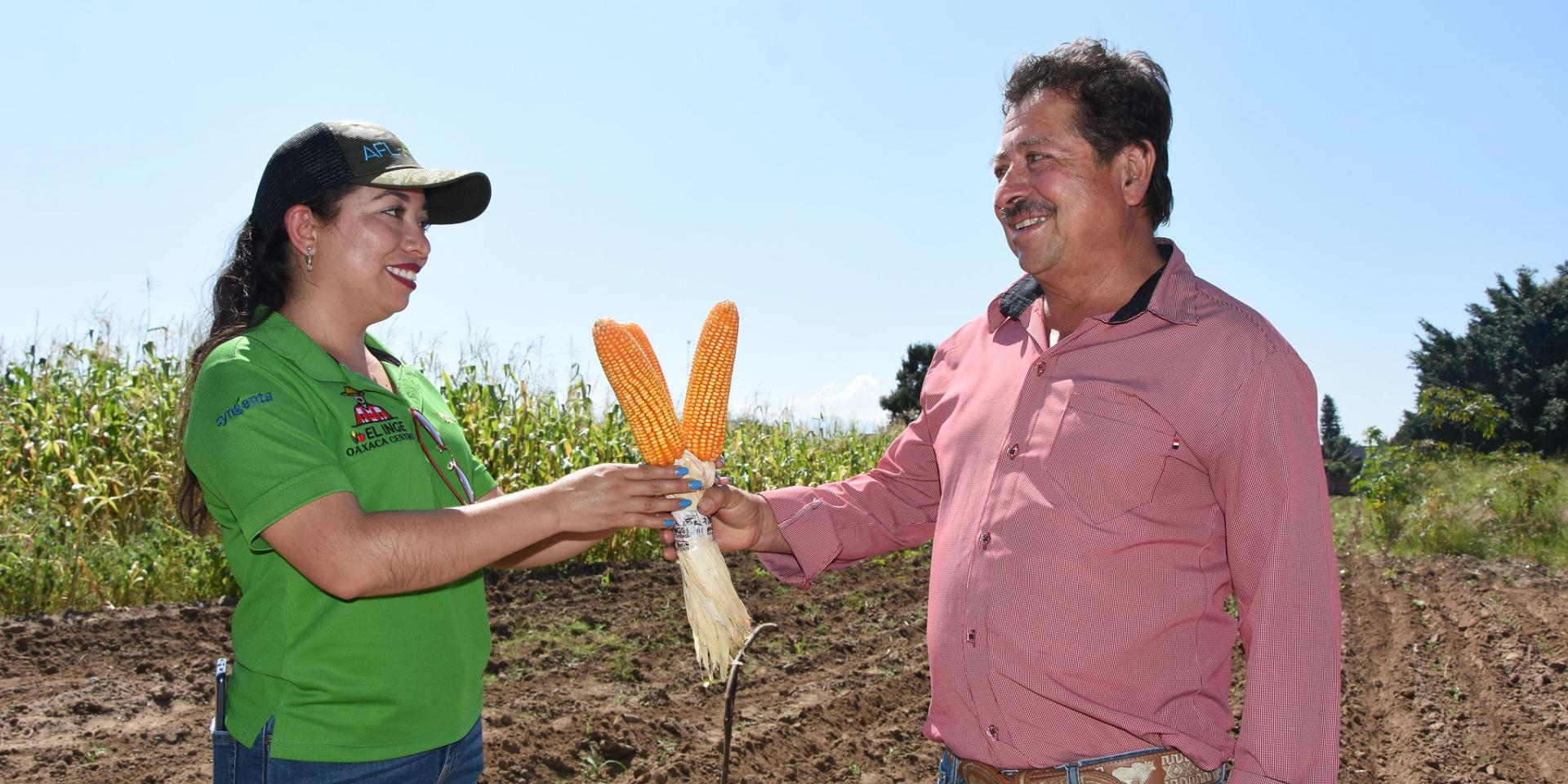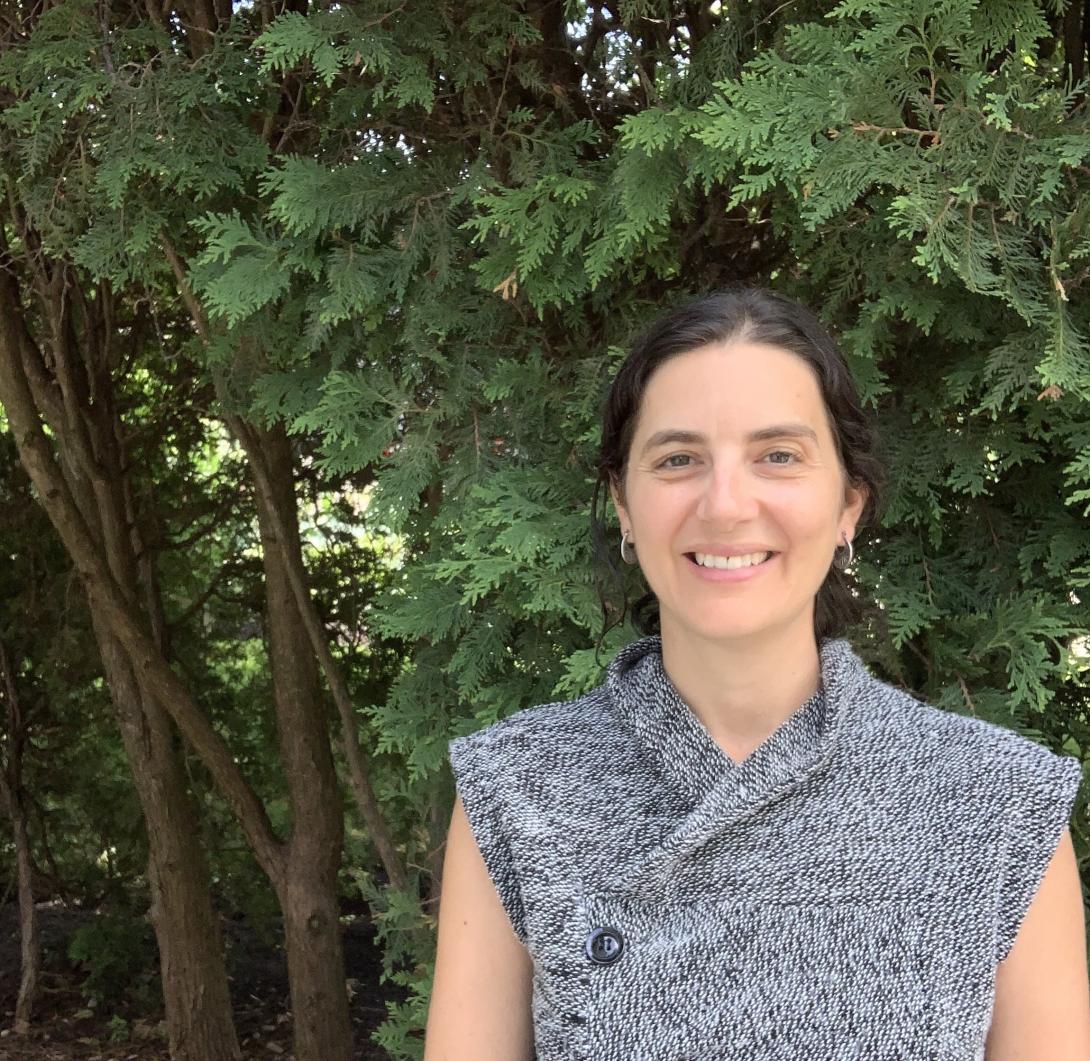GENDER Science Exchange 2024
 Photo: CIMMYT
Photo: CIMMYT
The GENDER Science Exchange will be held between October 1-3, 2024.
This will be an internal Science Exchange (by invite only) for CGIAR gender researchers and researchers working on gender in agrifood systems to develop an agenda-setting think piece to guide CGIAR’s upcoming Megaprograms and Accelerators.
Aim: Setting the agenda for future CGIAR gender research
In 2024, as we close the current CGIAR Initiatives and move towards a new One CGIAR portfolio of Megaprograms (MPs), the aim of the GENDER Science Exchange is to set the agenda for strategic areas of gender research within the (2025-) Megaprograms, and strengthen collaboration among CGIAR gender scientists. The Science Exchange will be an opportunity to bring together researchers to exchange their knowledge and expertise, review recent and current research on key themes, and sharpen the focus and direction of future gender research across the One CGIAR portfolio. The Exchange will culminate in a series of agenda-setting briefs and a high-level, collective think piece that will give guide CGIAR’s next cycle of research and give visibility to its gender in agrifood systems work.
Themes: Aligning with select MPs and Accelerators
The Science Exchange will focus on 8 themes that align with the new (2025-) CGIAR MPs. Under each MP, sub-themes can encompass research that has been part of CGIAR and where we can demonstrate deep expertise and tap into a wealth of information we already have (e.g., gender transformative approaches, productivity) as well as important areas of research that we have not worked on extensively, but that should be developed and gain traction as collaborative areas of work in the new portfolio (e.g., financial inclusion, digital inclusion, foresight, ‘youth’). The 8 themes correspond to the following MPs and Accelerators:
- Regenerative landscapes and agroecosystems
- Innovative Institutions and policies for food, land and water (FLW) systems transformations
- Delivering sustainable diets for improved nutrition and health
- Closing the productivity and resilience gaps through genetic innovation
- Closing the production and sustainability gap through agronomy
- Animal and aquatic food systems for nutrition and health
- Delivery and scaling of innovations
- Digital and data
Given the significant attention and resources that have already been invested in developing a gender and climate agenda and portfolio, we propose to focus on the other MPs and to treat climate as a crosscutting theme for the purpose of this exercise. Likewise, ‘Building the future and frontiers of FLW systems’ and ‘Capacity sharing’ will be considered cross-cutting, as relevant. Limiting the number of themes will allow a sufficient number of researchers to contribute to each theme while limiting the total number of participants to approximately 50 for logistical reasons
Outputs: Agenda-setting briefs and collective think piece
Strategic outputs will be developed during the Science Exchange and in the weeks following the Exchange. A first output will be a set of short agenda-setting briefs envisioned to inform the future gender strategies of the MPs. These briefs will subsequently feed into a high-level, collective think piece to be submitted to a peer-reviewed journal (e.g., Global Food Security) outlining priority questions for gender in agrifood systems research (see example of a similar publication here). These outputs will help CGIAR in:
1) Shaping the gender research agenda and strategy of the MPs 3
2) Identifying how areas of gender research in the MPs interface with/leverage the work in the Gender and Social Inclusion ‘Accelerator’
3) Positioning CGIAR with respect to new and established fields of work
4) Producing a seminal, influential piece on gender
5) Informing the CGIAR flagship report The outputs can also feed into the 2025 GENDER conference.
Scope: Current knowledge, promising solutions and future directions
The outputs will briefly and concisely address some or all (TBD) of these perspectives:
- Expose the state of knowledge on the topic.
- Provide examples of promising innovations/solutions, and their positioning these within the innovation landscape for that theme.
- Identify key established and new research methodologies that help advance knowledge on the given theme.
- Present or propose frontier research on gender in relation to the given theme.
- Chart priority questions/future directions for gender research in relation to the given theme.
Participation will be by invite only
Contact
